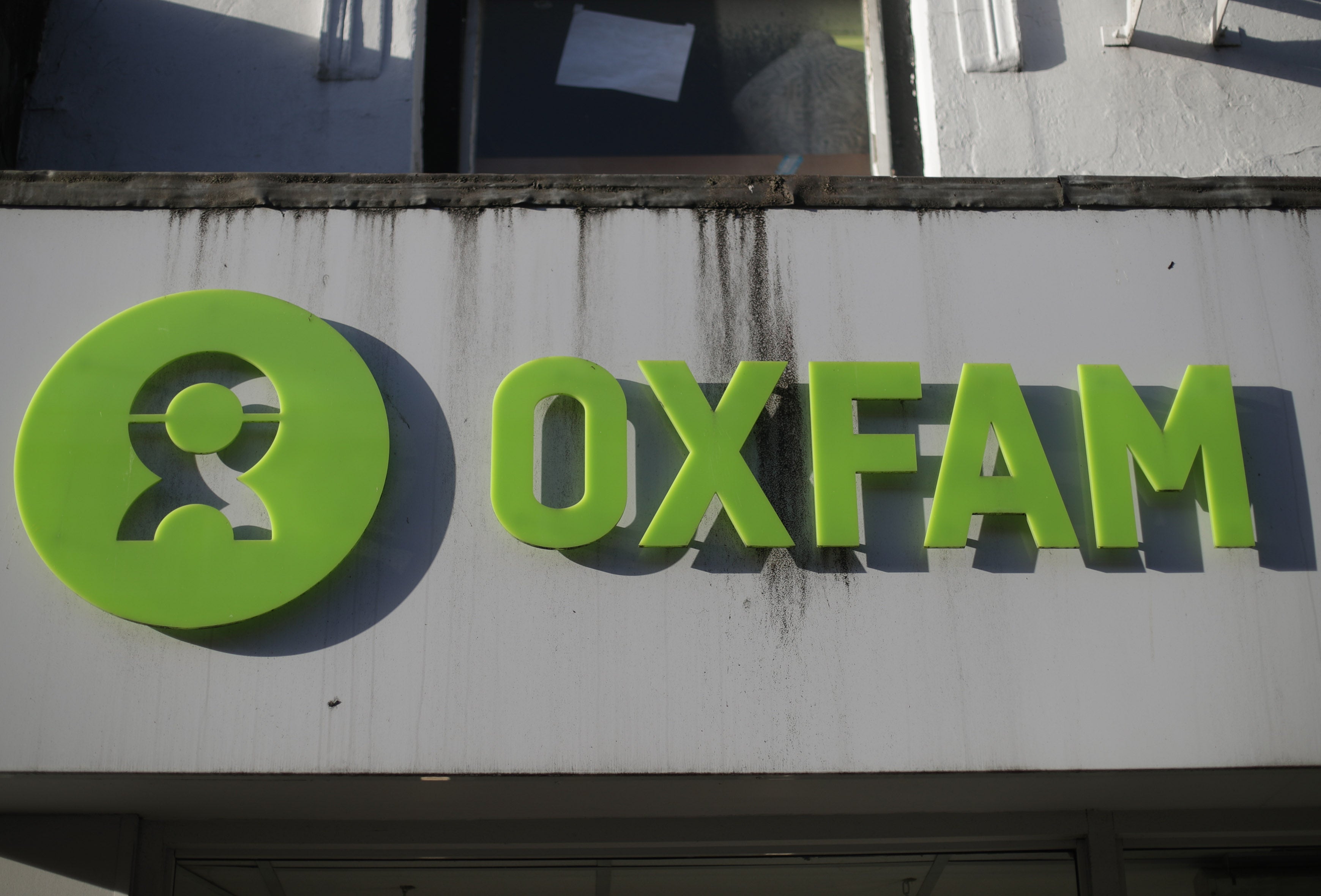Truss wants reassurance over ‘appalling’ behaviour before lifting Oxfam aid ban
The UK suspended aid funding to the charity in April 2021 following sexual misconduct claims against staff.

Your support helps us to tell the story
From reproductive rights to climate change to Big Tech, The Independent is on the ground when the story is developing. Whether it's investigating the financials of Elon Musk's pro-Trump PAC or producing our latest documentary, 'The A Word', which shines a light on the American women fighting for reproductive rights, we know how important it is to parse out the facts from the messaging.
At such a critical moment in US history, we need reporters on the ground. Your donation allows us to keep sending journalists to speak to both sides of the story.
The Independent is trusted by Americans across the entire political spectrum. And unlike many other quality news outlets, we choose not to lock Americans out of our reporting and analysis with paywalls. We believe quality journalism should be available to everyone, paid for by those who can afford it.
Your support makes all the difference.The Foreign Secretary wants to “reassure” herself before lifting the suspension on aid funding for Oxfam after a string of “appalling” allegations were levelled against the charity’s staff.
Liz Truss said she wanted to be sure the type of behaviour alleged “never happens again” before deciding to reinstate UK Government spending grants to the British-founded organisation.
The Foreign, Commonwealth and Development Office (FCDO) last year stopped sending aid cash to the charity after claims emerged of sexual misconduct by its staff in the Democratic Republic of Congo (DRC).
I want to reassure myself that this issue is absolutely dealt with because what had been happening was appalling
Oxfam had already been under the spotlight after the Charity Commission determined in 2019 it had not fully disclosed allegations that staff working in disaster zones had sexually abused children.
The watchdog also found a “culture of poor behaviour” among Oxfam GB staff sent to help victims of the 2010 Haiti earthquake.
But MPs questioned why the Government’s “funding pause” remained in place given the commission has since lifted a statutory supervision after concluding the development agency had made “significant” reforms following the events in Haiti.
Sarah Champion, chair of the Commons International Development Committee, said the commission had taken Oxfam “off the naughty step” and asked the Foreign Secretary to lift the restrictions.
The Labour MP said she was concerned the charity’s treatment by the FCDO was having a “chilling effect on others coming forward” about possible allegations of wrongdoing.
Liz Truss told the committee on Wednesday: “I’m currently looking at this very issue.
“But I wanted to reassure myself that this issue is absolutely dealt with because what had been happening was appalling and we need to make sure it never happens again.”
Oxfam GB’s chief executive Danny Sriskandarajah apologised in June after a probe into the DRC allegations concluded, with three members of staff being dismissed.
The investigation upheld a number of allegations including nepotism against three individuals, sexual misconduct against two, bullying and intimidation against one and inappropriate relationships and a failure to manage conflicts of interest against one person.
Oxfam has been active in the DRC since 1961, with its work focused primarily on humanitarian projects such as providing long-term access to clean drinking water.
Separately, Ms Truss said the drought in the Horn of Africa was “very much on my pile of priorities”.
Somalia, Ethiopia and Kenya face the driest conditions recorded since 1981, the UN World Food Programme reported in February, with Somalia seen as particularly vulnerable.
Malnutrition rates are high in the east African region and drought conditions are affecting pastoral and farming communities.
About 250,000 people there died from hunger in 2011, when the UN declared a famine in some parts of the country. Half were children.